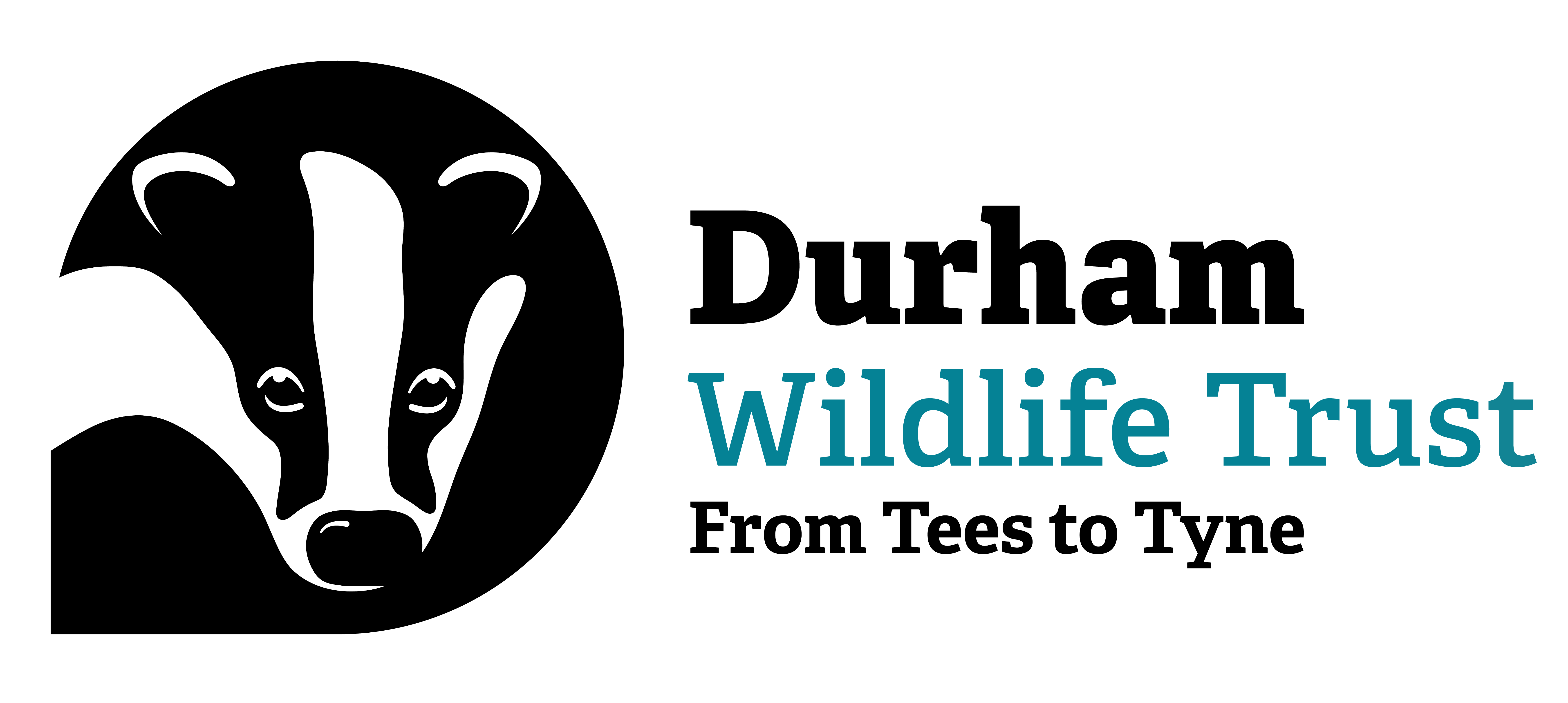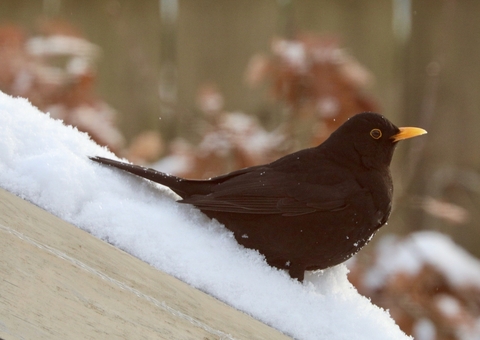The project, from Durham University’s Department of Biosciences, is encouraging people to become citizen-scientists by listening-to and recording garden birdsong in their local area and uploading this to a dedicated website.
The project aims to produce the first nationwide sample of birdsong across the UK, to provide an insight into where and when birds, including those shortly to return from warmer climes, are singing this spring.
The team also hope that by taking part, people will connect with nature and even boost their personal well-being.
Professor Stephen Willis, who is leading the project, said: “Spring is the perfect time to enjoy the wonderful soundtrack nature provides for us. From the melodic tune of the blackbird to the cheerful chirp of the house sparrow, there are so many songs being sung right outside our window.
“Nature’s Audio is encouraging people to listen to, and engage with this amazing playlist, and to help us to track spring birds, so that we can better understand their variety and distribution.
“No complicated equipment is needed – just your ears and a smartphone to record the songs and upload them to our website.
“The period of Covid-19 lockdown last spring made many people aware of the beauty of spring birdsong for the first time. We are hoping that our new website will encourage lots of people to get outdoors to record their local biodiversity and contribute their recordings to this national effort.”

